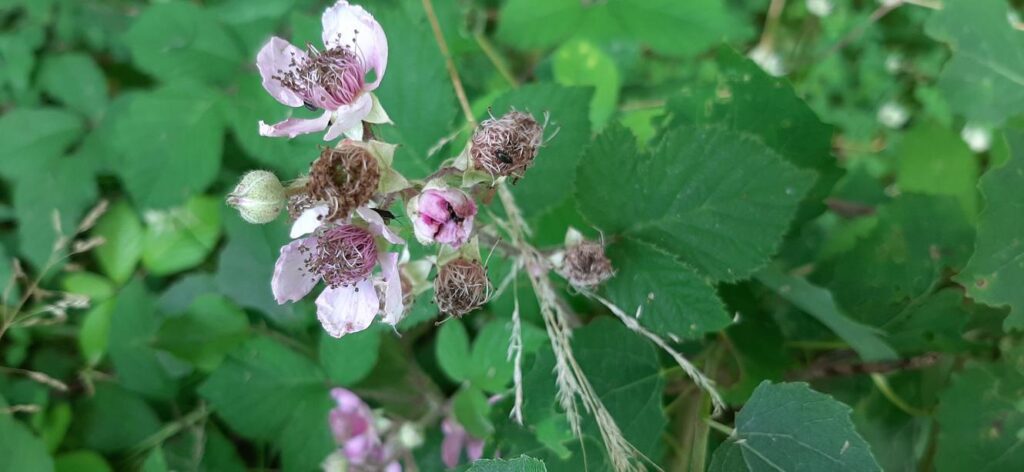Expertise is the knowledge we’ve accumulated to solve difficult problems. It is most useful for all the problems we are aware of or where research exists.
It is much less useful for everything that can be considered a blind spot. Especially blind spots related to our experience.
Expertise can be taught. Explaining the problem and how it can be solved is a well-determined activity. It happens with all kinds of teachers, there will only be differences in how it is being taught.
It should not be confused with experience.
Teaching experience is a process that we are much less organized. And one that is often assumed to be natural. However, our changes in lifestyles is establishing experiences we have not fully assimilated yet. And it is distancing us from the traditional habits we’ve had to enable us to deal with our changing experiences.
In his autobiography “How I learned to understand the world” Hans Rosling describes an experience that is commonplace in countries with a high child mortality rate and almost inexistent in other places. For a few years, Rosling lived with his family in Mozambique. During this period his wife had gone back to Sweden to reduce risks linked to her pregnancy. It saved her life, but couldn’t prevent the miscarriage. Their friends and colleagues felt helpless in this situation and avoided addressing the subject. It left it to them to deal with the experience. Their experience changed after going back to Mozambique. There, their friends and colleagues almost all had some experience with losing a child. Having that experience helped them know how to address the situation. The high child mortality also left intact a variety of rituals and ways to deal with the experience. The shared understanding of such experience allowed for empathy and self-disclosure.
A new experience we’ve had to learn to deal with was brought to us through the pandemic. Many started to learn to work from home and to readjust working to a changing environment. For many it is a new development in the way teams work together. And it is, yet again, transforming a quite recent evolution, which is working in teams itself. The industrial revolution brought people together into larger entities, but it didn’t establish teams. People worked within a well-structured process called a production line. The idea to work as a team wasn’t mainstream then and emerged later on a larger scale.
When a new type of experience emerges people may talk about it. However, people experiencing such situations often assume that they should be able to deal with the experience. It leads to avoiding self-disclosure when they are not clear about what it is they are experiencing. The Rosling’s, for example, didn’t know how to share an experience unknown to their surroundings. To enable self-disclosure they had to find a space where it could be welcomed. They found it in Mozambique, where others had a similar experience allowing for resonance.

